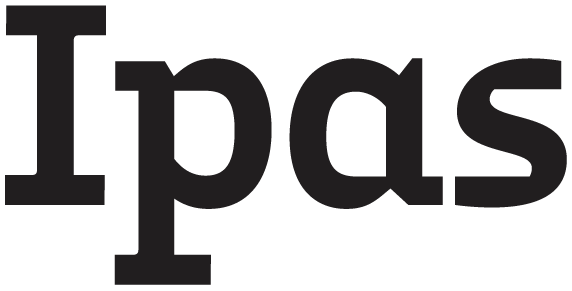Ipas
Anu Kumar, President and Chief Executive Officer
Being a She Decides Champion means being part of a global movement for bodily autonomy. It means adding my voice to the chorus of those calling for reproductive justice and bringing the SheDecides messages to the places I go and to the people and groups I interact with. I hope it will also mean the opportunity for greater collaboration between Ipas and other SheDecides partners.
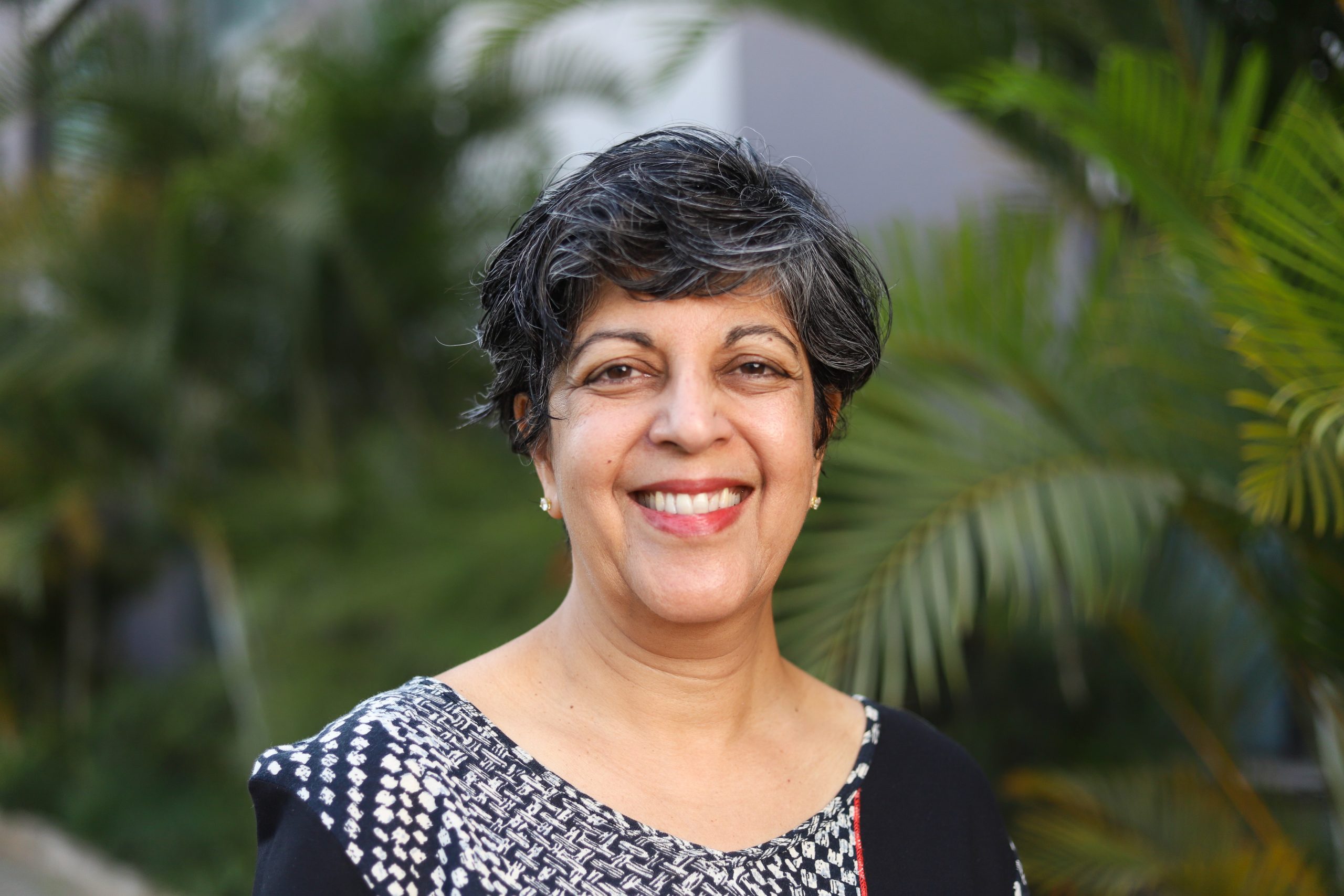
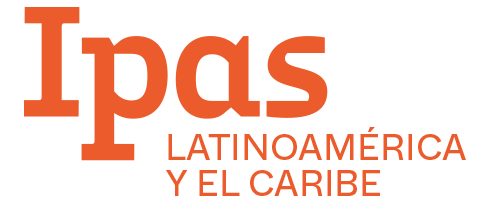
Ipas Latin America and the Caribbean (Ipas LAC)
Throughout Latin America and the Caribbean, reproductive rights remain a highly contested area, with laws and policies varying widely across countries. Unfortunately, many countries still enforce restrictive laws that impede people's access to essential reproductive health services, including abortion. We must work towards reforming these laws and policies to ensure that all individuals can exercise their right to bodily autonomy and access reproductive health services without discrimination or barriers. We must strive to create a world where everyone can make informed decisions about their bodies and reproductive health.
Ipas LAC works tirelessly to ensure that safe and legal abortion is a reality for all in Latin America. Through collaboration with government bodies, civil society organisations, educational institutions, community leaders, and the private sector, we strive to advance the eight components of the abortion ecosystem model. Our ultimate goal is to create a sustainable ecosystem that guarantees access to safe and legal abortion for those in need.
Francophone Africa
In Francophone Africa, bodily autonomy is central to reproductive rights and freedom and key to preventing gender-based violence and harmful practices such as female genital mutilation. Promoting and protecting bodily autonomy is not just a moral imperative; it is a necessity for building a more just and equitable world where every woman and girl is equipped to protect themselves from harm, assert their sexual and reproductive rights and can live with dignity, autonomy, and self-determination.
Ipas works in twelve countries across the Francophone Africa region through various strategies and partnerships. We advocate for supportive policies, provide training to healthcare providers, support CSOs to raise awareness, address stigma and misconceptions, conduct research to generate evidence on unsafe abortion and we work with youth to provide them with reproductive health information through CSE and out of school though local youth organisations.
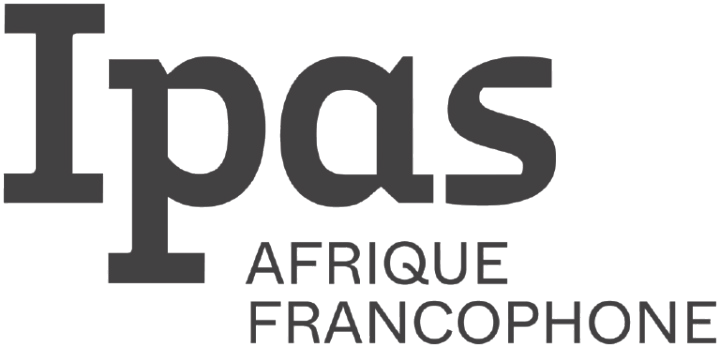
Why is bodily autonomy a priority for Ipas?
Reproductive justice is the human right to bodily autonomy - to control your own sexuality, gender, health, and reproduction. We know the right to abortion is not a standalone right. It depends on people also having other human rights: to health, to equality, to privacy, and to live free from violence and discrimination.
Gender, racial, and economic inequities in health care systems around the world make it difficult for women, people of colour, LGBTQ people and other marginalised groups to get the essential health care they need. Ipas works to ensure that abortion and contraceptive care are essential health services—and that all people can access them.
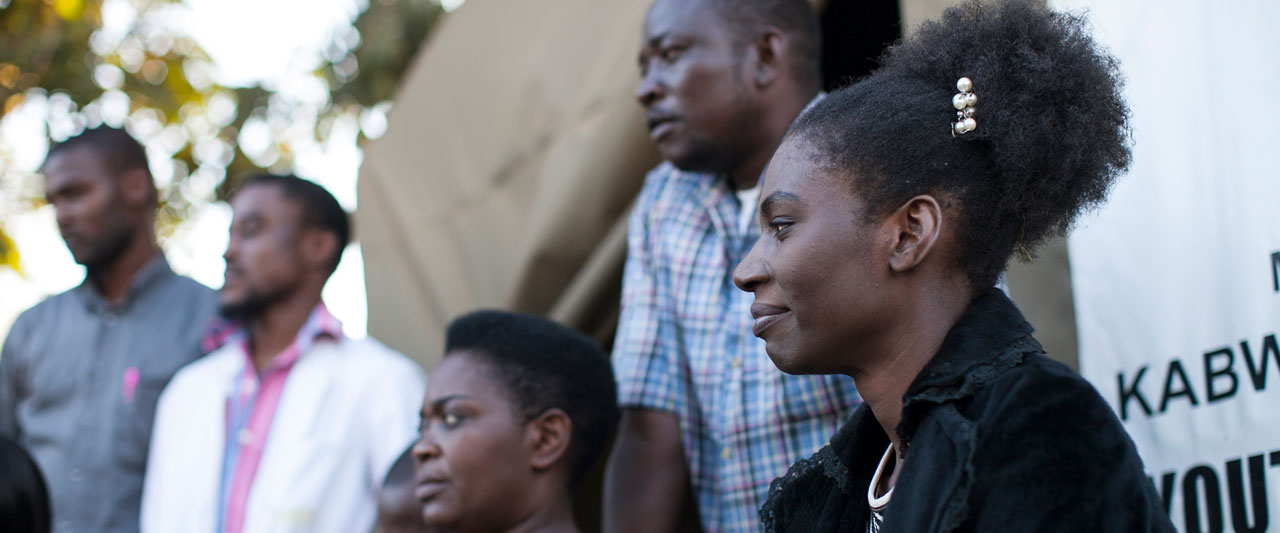
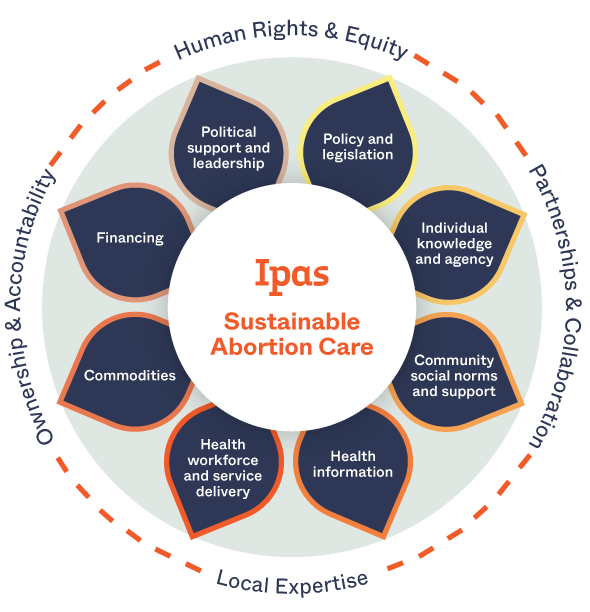
How we are working so SheDecides
For over 50 years, Ipas has been committed to expanding access to abortion, because access to abortion is necessary to ensure reproductive justice for all and we believe that everyone has the right to determine their own future. We work globally to make abortion and contraception widely available, to connect women with vital information so they can access services, and to advocate for legal, accessible abortion. If people don’t have the ability to make fundamental decisions about their own bodies and health, they can’t fully enjoy the human rights to which all people are entitled.
Global gender and rights monitoring
The rise of a global anti-rights movement is threatening sexual and reproductive health and rights—as well as liberal democracies and the civil liberties and human rights of all. For over 10 years, Ipas has been working to counter anti-rights efforts by tracking transnational trends and strategically sharing information with partners, media, researchers, and allies. Our goal is to debunk the anti-rights agenda and drive action to help protect human rights for everyone.
Read More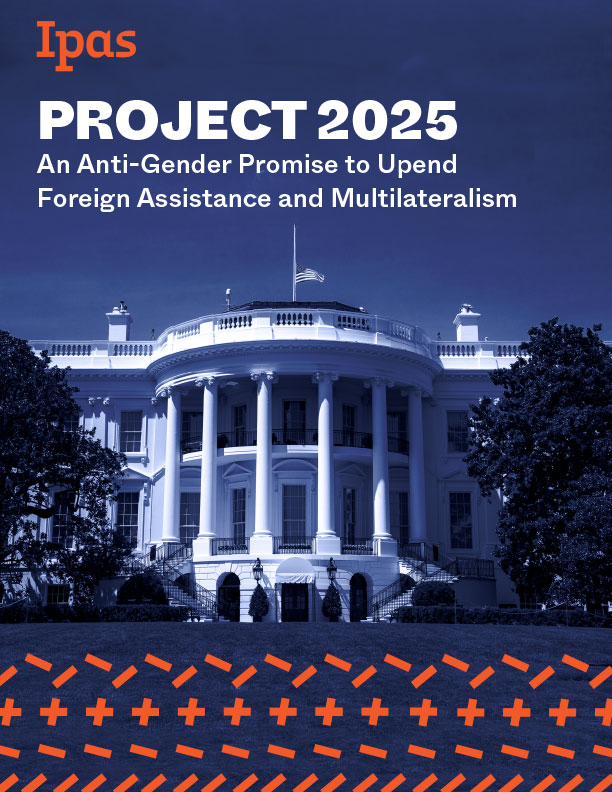

Advocating for climate justice
Climate change is one of the defining crises of our time. Women and girls have an increased need for sexual and reproductive health care, but these services become harder to access during and after disasters. Climate change undermines people’s right to have a child, to not have a child, and to parent children in safe and healthy environments. Ipas works to ensure sexual and reproductive health are integral to climate solutions at every level of society—and that the people most impacted are actively engaged in building climate resilience within their own communities.
Read MoreSupporting the right to self-managed abortion
Ipas is committed to supporting a person’s right to have an abortion using pills — on their own, when, and where they want. People can safely and effectively self-manage an abortion with pills when they have accurate information about the dosing regimen and when to seek treatment for complications.
We generate new evidence, share knowledge and explore clinical and regulatory questions within this area so people have the resources, support and care they need to manage their reproductive lives. We train clinical and non-clinical providers who are already supporting self-managed abortion. And we tackle legal barriers to self-managed abortion, including laws that criminalise it.
Read More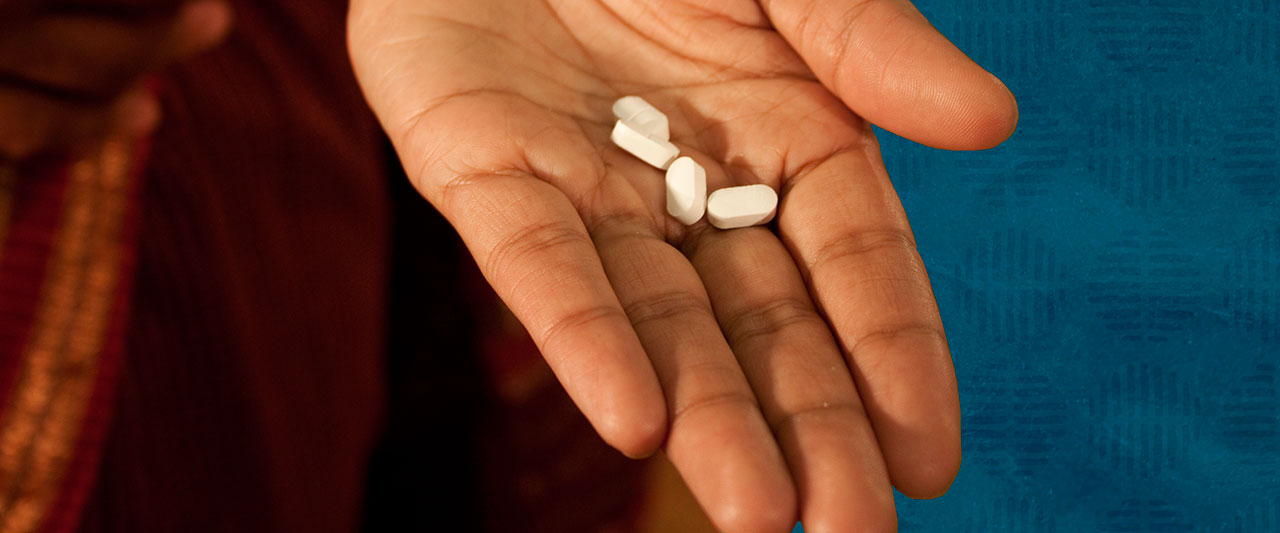
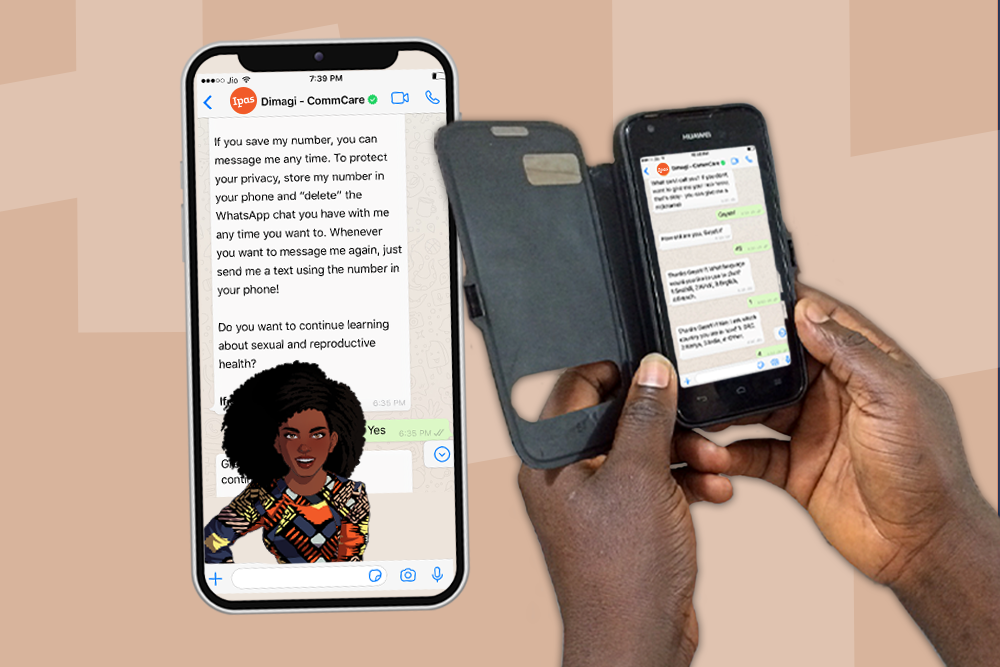
Digital innovations for reproductive health access
Ipas is harnessing cutting-edge advancements in digital technology to share accurate information about and expand access to sexual and reproductive health and rights, including abortion. From mobile phone apps that put information and community resources in the palm of your hand to educational videos and podcasts streamed through popular media-sharing websites, we’re using and creating digital tools to reach more people with the support and information they need. We’ve launched a variety of mobile apps to both educate and assist people with sexual and reproductive health needs using dynamic content, AI chat functions and integration with community resources.
Read MoreImproving care for survivors of gender-based violence
Gender-based violence puts women and girls at higher risk for unwanted pregnancy, and survivors require specially tailored care that includes access to emergency contraception and abortion. Ipas works to improve care for women and girls who experience gender-based violence and to advocate for laws and policies that prevent such violence so that survivors can fully exercise their sexual and reproductive rights. We train health, law enforcement, and judicial professionals on local laws and policies and on how to properly handle gender-based violence cases to ensure survivors are informed of their options and offered the best possible care.
Read More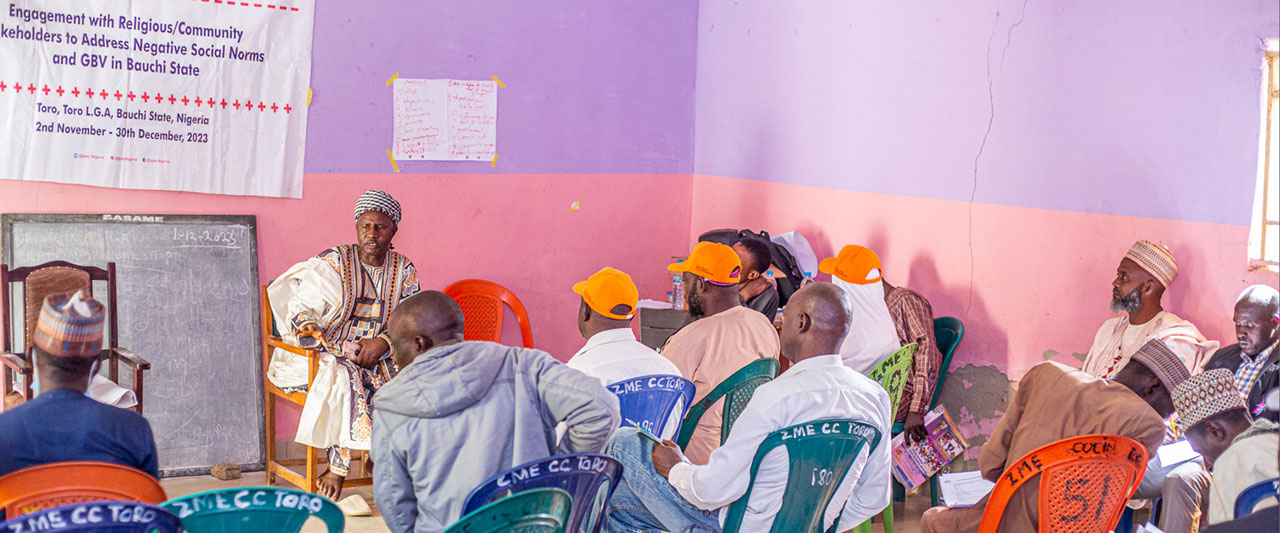

Making abortion accessible in crisis settings
An estimated 35 million people of reproductive age live in crisis settings, yet they often have little or no access to contraception or abortion care. People in crisis settings often find themselves displaced or living in refugee camps for years. No matter what caused the crisis, people face the same harms to their reproductive health: no access to health care; risk of sexual violence; and lack of basic necessities, education, and jobs to help them provide for their families and take care of their health. This is a global problem, which is why Ipas works with diverse partners, including humanitarian organisations, to ensure people affected by crisis have reproductive health options including abortion.
Read MoreAbout Ipas
Our work began in 1973, with the provision of life-saving reproductive health technology for health systems in several countries. Since then, we have experienced amazing growth and change as an organisation, but our singular commitment to expand access to abortion has remained constant. Why? Because access to abortion is necessary to ensure reproductive justice for all.
Abortion is essential health care to which everyone has a right. But not everyone has access. Each year, 35 million people around the world resort to having an abortion with unsafe methods. Thousands die, and millions suffer injuries and disabilities as a result. Due to global health inequities, almost all these people are Black or brown and live in low- and middle-income countries. We must ensure that all people have bodily autonomy and can access the essential health care they need.
Today, the Ipas Impact Network works on five continents with a comprehensive approach that centres the needs of those who seek abortion care. We build sustainable abortion ecosystems that address all factors impacting a person’s ability to access abortion — from individual health knowledge, to social and community support, to a trained health workforce, to political leadership and supportive laws. We train providers and work with health systems to ensure accessible, high-quality abortion services — including the right and ability to self-manage an abortion with pills. We conduct research with the goal of turning policy into practice. We also partner with local organisations to educate communities on reproductive health and rights, to advocate for legal abortion, and to support local champions for reproductive justice.
Read More